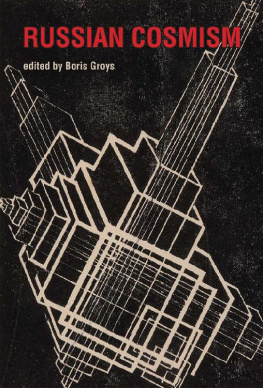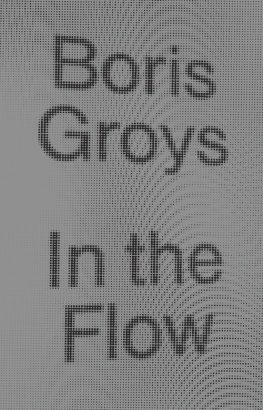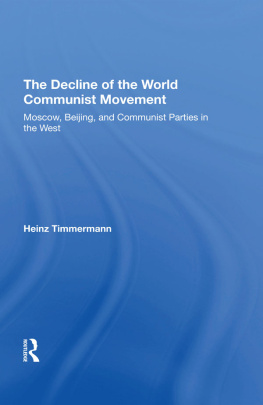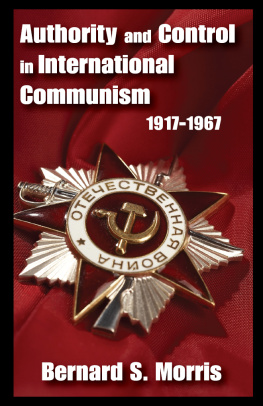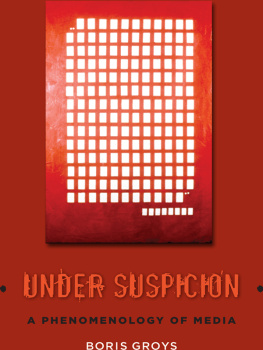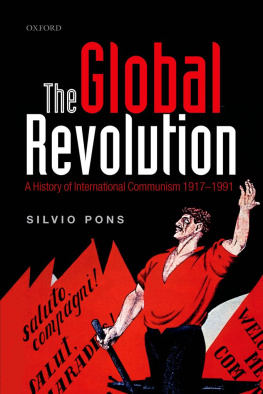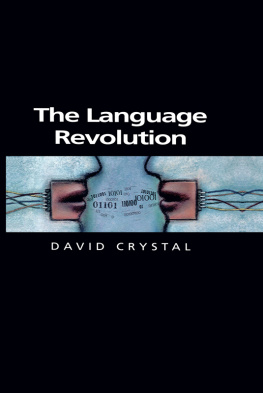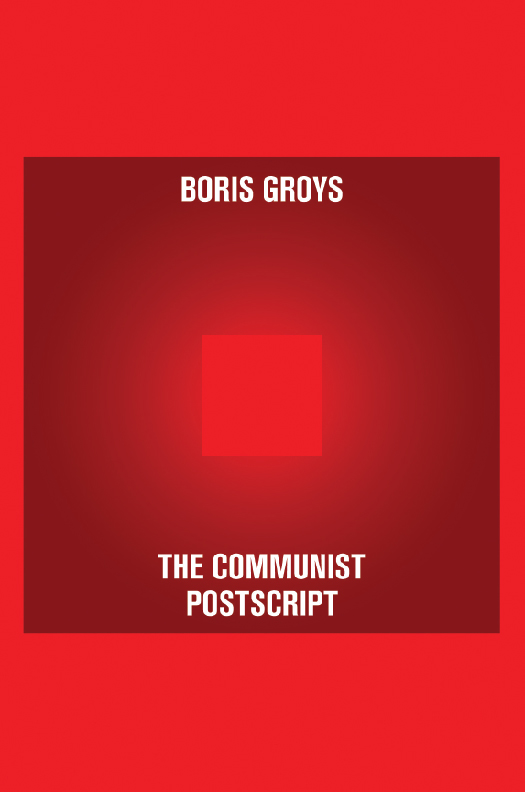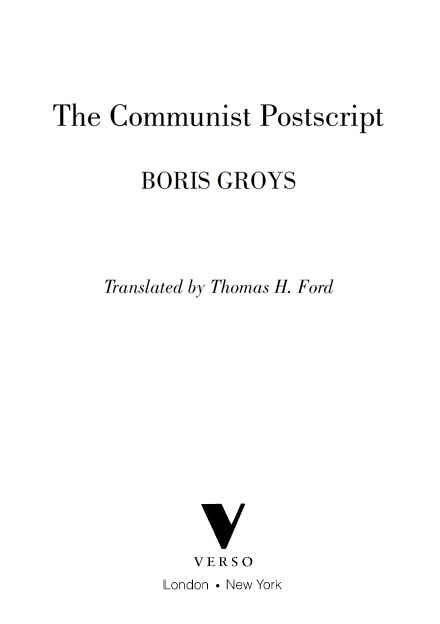This edition first published by Verso 2009
Verso 2009
Translation Thomas H. Ford 2009
First published as Das kommunistische Postskriptum
Suhrkamp Verlag GmbH und Co. KG 2006
All rights reserved
The moral rights of the author and translator have been asserted
Verso
UK: 6 Meard Street, London W1F 0EG
US: 20 Jay Street, Suite 1010, Brooklyn, NY 11201
www.versobooks.com
Verso is the imprint of New Left Books
ISBN-13: 978-1-84467-430-5
eISBN-13: 978-1-78478-030-2(US)
eISBN-13: 978-1-78478-029-6(UK)
British Library Cataloguing in Publication Data
A catalogue record for this book is available from the British Library
Library of Congress Cataloging-in-Publication Data
A catalog record for this book is available from the Library of Congress
v3.1
Contents
4 The Kingdom of Philosophy:
The Administration of Metanoia
Translators Foreword
F irst published in German in 2006, Boris Groyss The Communist Postscript is both a revision of standard accounts of the history of the Soviet Union and a philosophical renewal of the idea of communism. It is also a postcommunist manifesto: Groyss short text can be read as forming a bookend to the modern experience of communism heralded by The Communist Manifesto. Sharing much of the rhetorical clarity and polemical brio of Marx and Engelss Manifesto, The Communist Postscript stands in little need of any explanatory preface. While Groyss arguments are politically challenging and theoretically complex, they are constructed in such a way as to present readers with few obstacles to initial comprehension. Nonetheless, because this is a philosophical book about communism, there are certain difficulties inherent in translating it into English that need to be acknowledged.
These problems arise not because English is in effect the hegemonic language of capitalism today. As Groys argues, capitalist economic processes are not linguistic: capitalism does not in fact speak English, nor any other language. Yet English, perhaps more than many other languages, may be said to have accepted and internalized the subordinate social function of language under capitalism. English in many cases advertises what in other languages is veiled using more traditional means of ideological obfuscation. In exile in America during the war, Brecht commented in his journal on the use of the word sell to mean persuade, as in the sentence the task facing the President is that of selling the war to the people. In Brechts unfinished Refugee Conversations, this observation is further developed by the character Ziffel, as suggesting that in America, more than elsewhere, ideas are recognized to be commodities. In America, he states, in discussions of scientific or aesthetic problems, one says I buy that in order to express agreement. This proximity of concepts to the commodity form can also be tracked in Anglophone philosophy over the last century. For example, it was in order to draw a distinction between continental philosophy and philosophy in English that William James introduced the metaphor of cash-value of cashing an idea in experience as a way to test its meaningfulness. This metaphor has subsequently become generally accepted in Anglo-American philosophy, embedding reference to market value in arguments about topics that may at first glance appear to be quite remote from commercial concerns.
The Communist Postscript suggests that these and other similar figures of language are far less metaphoric than is often thought. Under capitalist conditions, Groys argues, the significance of a concept is indeed primarily measured in terms of its value in the marketplace. And by frequently using English expressions killer instinct; Batman forever; agreement to disagree; win-win; anything goes; race, class and gender to mark moments of strategic irony in his text, Groys acknowledges the expressive openness of the contemporary English language to its own commodification. If, in these ways, English indeed avows its enrolment in the assault of market values against other potential sources of social meaning and forms of social organization, then a brief account of the specifically German context of a few of Groyss key terms may be justified.
Central to Groyss understanding of communism is his notion of the linguistification of society. The German word here is Versprachlichung, a term principally employed in sociology, and formed from the verb versprachlichen, which means to verbalize or put into words. But the verbalization of society does not capture Groyss meaning. Linguistification as used here does not mean to provide a verbal description of society, but rather to organize and shape society using language. Rather than merely putting nonlinguistic social relations and processes into words so as to describe them, linguistification involves their total transformation into language. Probably the best-known prior use of linguistification to translate Versprachlichung in this sense occurs in the section The Linguistification of the Sacred in the English edition of Jrgen Habermass Theory of Communicative Action. As for Habermas, linguistification for Groys entails that social practices and beliefs become open to discursive criticism and challenge. But the linguistification central to communism in Groyss account encompasses a much greater range of social existence than is at issue for Habermas. Partly in consequence, while Habermass notion of communicative action remains oriented towards a horizon of ultimate consensus, linguistification for Groys exacerbates social divisions and contradictions.
Groys makes frequent use of the term Evidenz. This is not a straightforward equivalent of the English evidence, either in everyday language or in philosophical discourse. The predominant philosophical use of evidence in English is relatively continuous with its use in legal and scientific contexts: evidence is understood as the currency in which a proposition may be verified, corroborated or empirically cashed. It refers to the relevant phenomena that justify advancing a hypothesis as true. Groyss sense remains closer to the German philosophical tradition, in which Evidenz refers more to an immanent quality of judgement and knowledge than to the external means of deriving and supporting conclusions. In other words, Evidenz primarily describes what is rationally evident, rather than that which is evidence of or for something; Kant, for example, defines Evidenz as intuitive certainty in the Critique of Pure Reason. Evidenz has been translated here simply as evidence, rather than by other approximations to the German sense such as self-evidence or certainty. This German context should be kept in mind, however. The phrase the effulgence of evidence, for instance, does not refer to a surfeit of corroborating material, but to the illuminating force of conviction that legitimates judgements.
Groys most frequently uses Evidenz in this sense to describe the force of conviction communicated when an argument previously taken to be logically valid is revealed to contain a paradox. The conviction in question is therefore predominantly critical: the evidence is that of a paradox, rather than that of a proof. The logic of paradox outlined by Groys is one that proliferates divisions, a logic committed to sparking contradiction and internal contestation. Groys contrasts this paradoxical logic to the logical regime, often presumed central to Western philosophy, that is constituted by principles such as those of non-contradiction and the excluded middle. His shorthand designation for this logic of non-contradiction is formal logic, and he frequently uses this in adjectival form in phrases such as formal-logical validity. Rather than resorting to circuitous paraphrases, I have retained this doubled adjective, formal-logical, despite its slight awkwardness in English.


